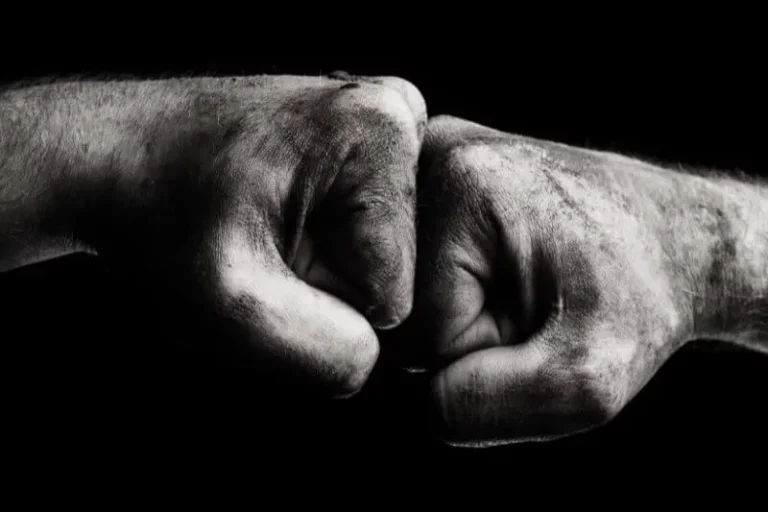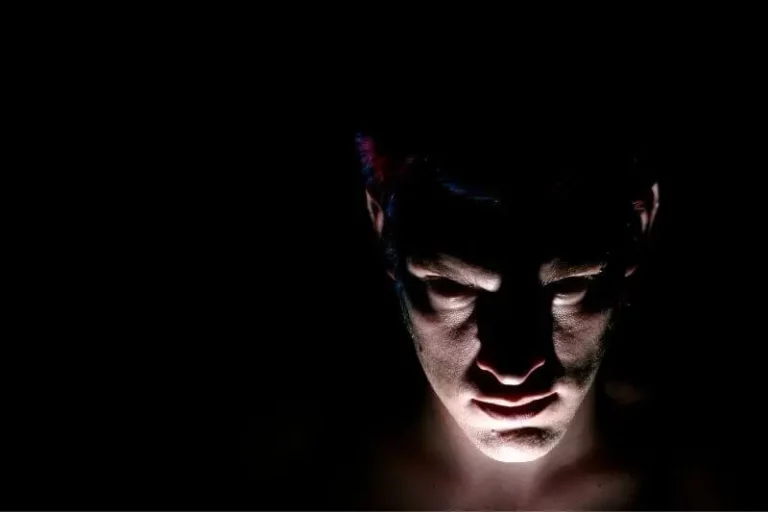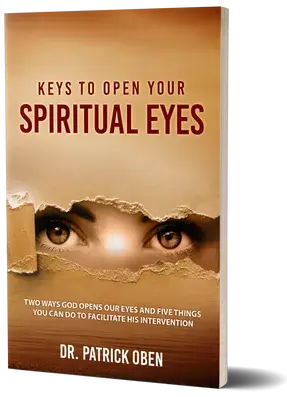The Rulers of the Darkness of this World
For we wrestle not against flesh and blood, but against principalities, against powers, against the rulers of the darkness of this world, against spiritual wickedness in high places. (Ephesians 6:12 KJV)

Ephesians 6:12 unveils the real enemy of humanity and divinity: a host of evil spirits in the heavenly places. Paul describes this sobering demonic militia with four distinct but interrelated phrases. We will focus on the third phrase in this devotional—the rulers of the darkness of the world.
Although the KJV translation reads the rulers of the darkness of this world, the proper translation of the Greek text is the world rulers of this darkness (see newer translations such as the Amplified Bible). First, it makes evident that invisible evil spirits rule the world in the heavenlies: just as there are leaders of the various nations, evil spirits rule different nations and different aspects of life on earth. For example, scripture calls Satan the prince and god of this world (John 14:30, 2 Corinthians 4:4).
These evil world rulers rule over this darkness. The darkness is the sin, hostility against God, evil, wickedness, suffering, bondage, etc. In 1 John 5:19, John says, “the whole world lieth in wickedness.” Note that these evil powers have their headquarters in the heavenlies but work on the earth. For example, Paul says, “the god of this world hath blinded the minds of them which believe not” (2 Corinthians 4:4 KJV). He identifies one major sphere of operation of these world rulers: people’s minds.
So, there is a host of invisible evil powers ruling over the nations and over various aspects of life: politics, idolatry, sexual immorality, finance, entertainment, culture, addictions, etc.
Meditate
Can you see why each nation, for instance, has a physical and a demonic ruler? (See Daniel 10:20).
Apply the Word
The world cannot understand or accept these truths; they are foolishness or meaningless to them. For the unsaved, demons are fairies, spooky friends, or imaginary creatures from Hollywood studios. God’s warnings against demons and anything to do with demons are unmistakable throughout the scriptures. Beware of the world rulers of this darkness.
Pray
Ask the Father to make us more spiritually discerning these days.
Sanctify yourselves therefore, and be ye holy: for I am the Lord your God. And ye shall keep my statutes, and do them: I am the Lord which sanctify you. (Leviticus 20:7–8, KJV)

As the Great I AM that I AM, God revealed Himself as the Lord who sanctifies His people in the Old Covenant—Jehovah Mekaddishkem. But this was only a shadow of something greater that was coming in the New Testament.
Jehovah Mekaddishkem is the English transliteration of the Hebrew words for “I am the Lord which sanctify you” ( “mekaddish” = sanctify, “kem” = you). Divine names and titles in the Old Testament often reveal an aspect of God in relation to His people.
There are three keywords that underlie the meaning of sanctification: “wash,” “consecrate,” and “separate.” Sanctification essentially means to make something holy. Sinlessness is a core aspect of holiness, but there is more to holiness than sinlessness. It is the very nature of God. However, when used in reference to us humans, it means to be cleaned from sin, set apart for God, and consecrated to Him.
In the passage above, God tells the people first to sanctify themselves and then reveals He is the One who sanctifies them. Thus, He gives us the two sides of sanctification—the God side and the human side. There’s something God does and something His people do for their sanctification.
This truth was only a shadow in the Old Testament. It is in Christ that we see God fully revealed as Jehovah Mekaddishkem to His people through the sanctifying work on the cross. In speaking to the Corinthians, Paul revealed,
“And such were some of you: but ye are washed, but ye are sanctified, but ye are justified in the name of the Lord Jesus, and by the Spirit of our God.” (1 Corinthians 6:11, KJV)
This is Jehovah Mekaddishkem fulfilled in Christ: We were washed and sanctified. Note that these are in past tense, describing something God has already done. The day you received Christ, you received the bath of your life, a heavenly bath by the Spirit of God that removed every stain of sin through the precious blood of Christ. And as you continue to live on earth, the Spirit continues to sanctify you daily.
Following the sanctifying work He has already done in us, He commands us,
“For this is the will of God, even your sanctification, that ye should abstain from fornication:” (1 Thessalonians 4:3, KJV)
Now that you are clean, washed, and sanctified, He tells us to put that sanctification to work outwardly. Paul explicit states it is what God wants—His will. He gives us a very specific example of sanctification here: abstain from sexual immorality. Few things defile us, like sexual impurity. But sanctification certainly includes more than abstaining from fornication or adultery. As above, it includes living a consecrated and separated life to God daily in the way we talk, act, think, feel, and handle our bodies.
He is Jehovah Mekaddishkem, the God who has Sanctified you in Christ and continues to sanctify you every day.
Meditate
Is our sanctification completed, ongoing, or both?
Apply the Word
This is the crucial part of this devotional. Until you receive the truth that God has already sanctified you by His Spirit, you will not be empowered to be sanctified practically. Put God’s sanctification power to work in your life daily by faith in the finished work of Christ.
Pray
Ask the Lord to help you in your daily walk of sanctification.
Free Mini E-book: From Spiritual Dryness to Flourishing







